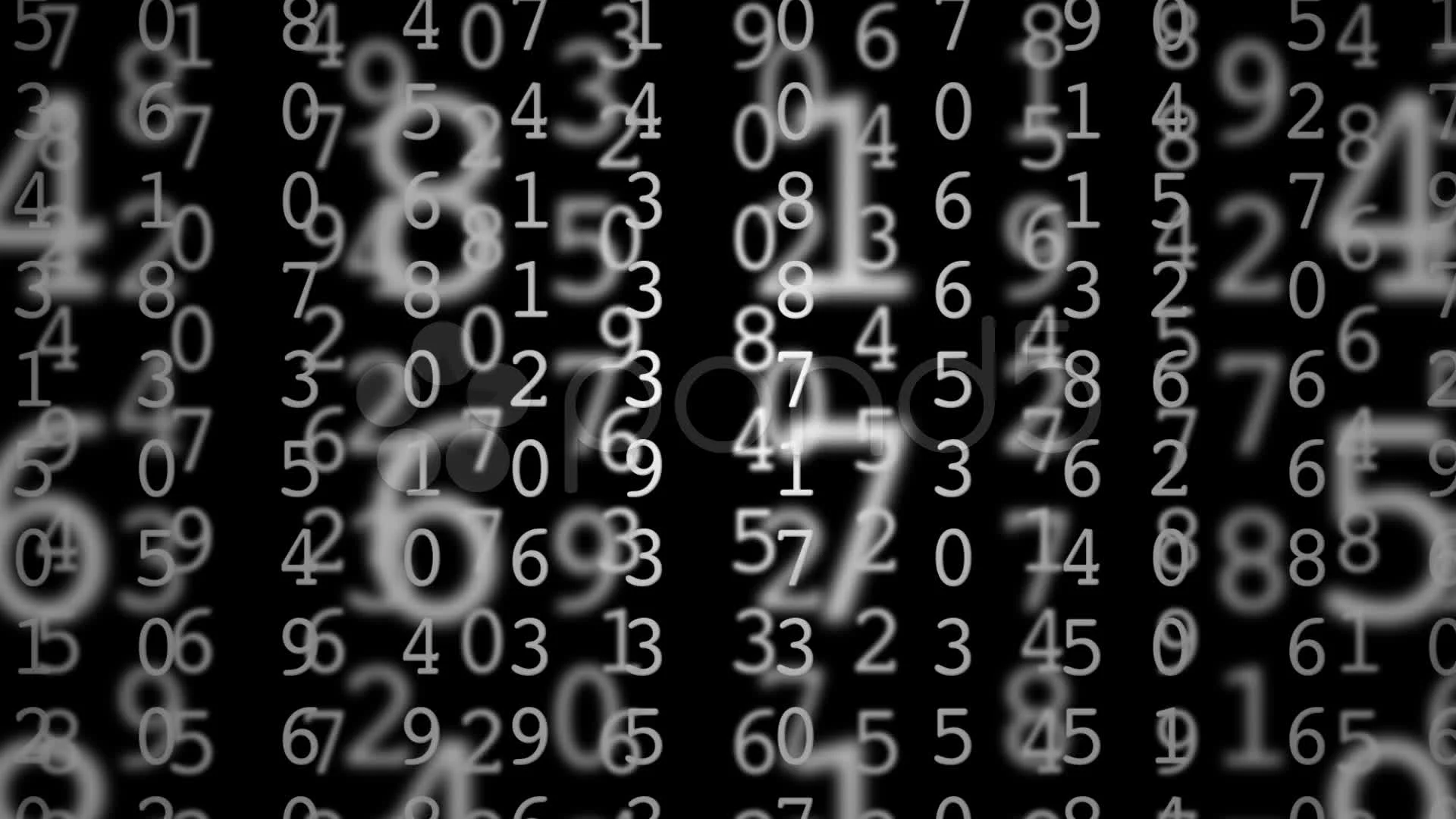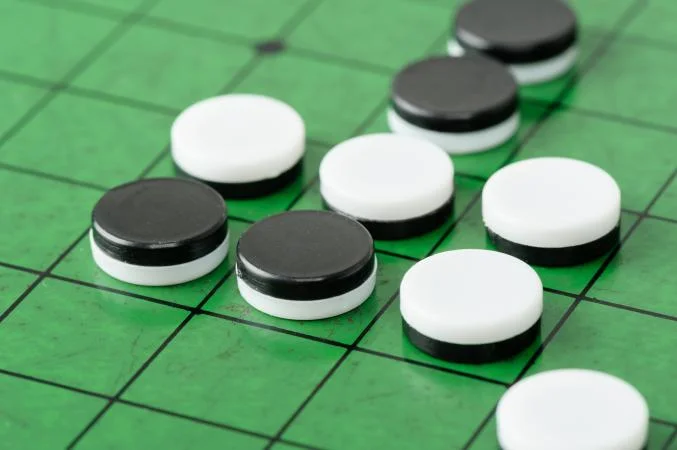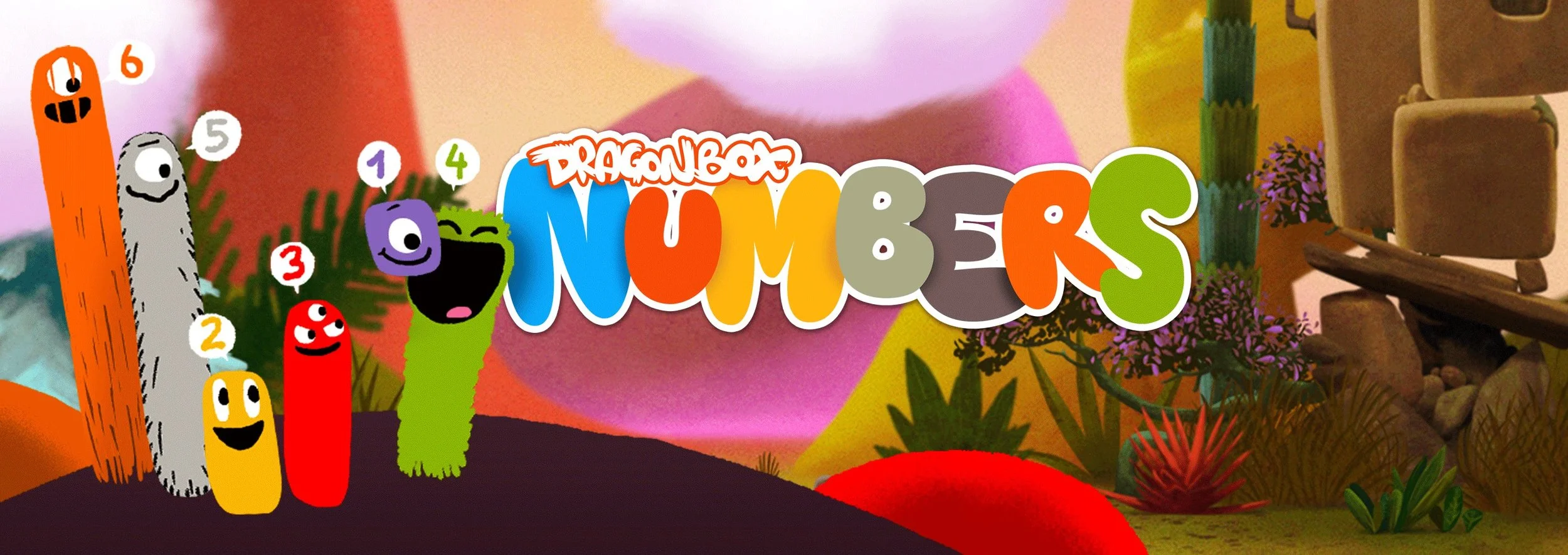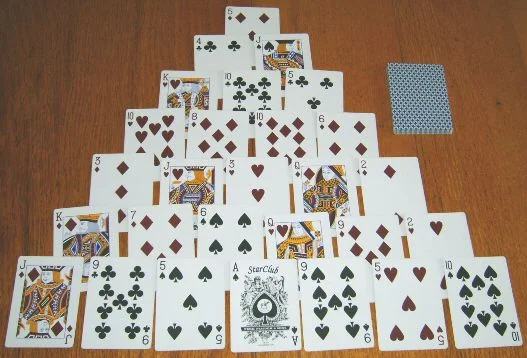The first five years of your child's life are the most developmentally important years, and the foundation they build through play and exploration will form the basis of their learning for years and years to come.
That's why I am a big proponent of the Tammany Hall approach to the first five years: Math Early and Math Often.
So when I found Race to the Treasure, I knew I had to share it with my kids, and with you! If you're looking for your child's first board game, you could hardly do better.
Read More










